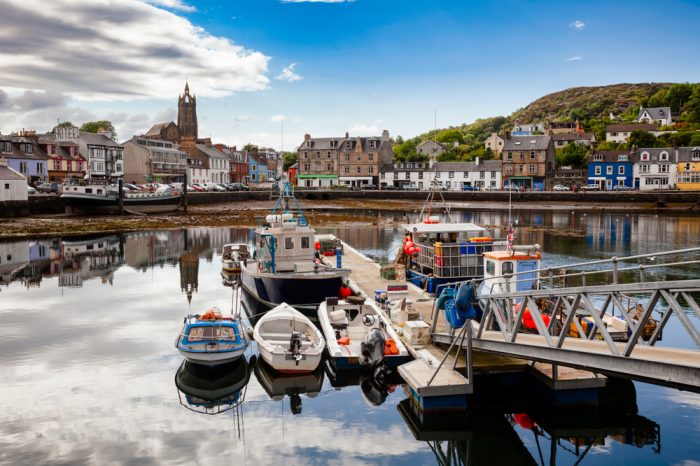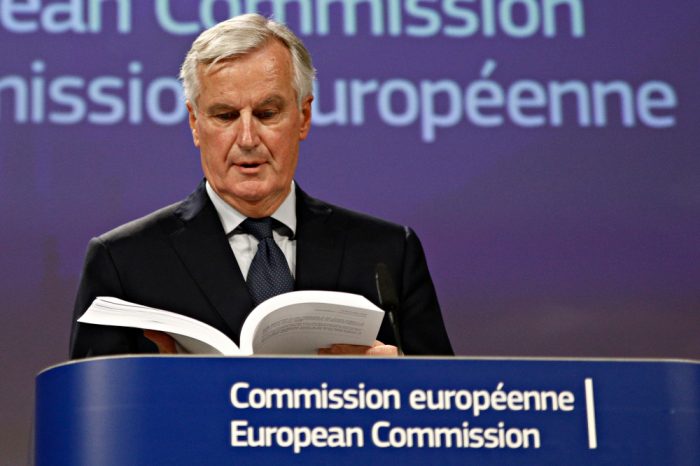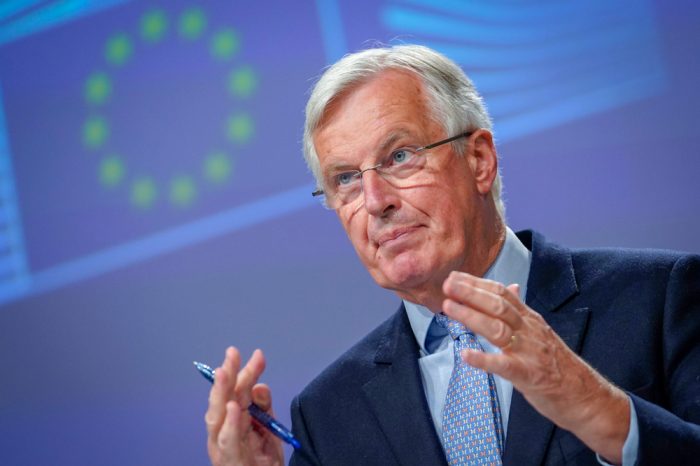Fishing the first Brexit bright spot as confusion reigns

Are we going to leave the Single Market or not? And what about the EU’s customs union? – a subject that never cropped up in the referendum debate last year. Do some politicians even know the difference between the two?
At the moment, we are seeing a great deal of confusion about the future direction of Brexit and for those of us outside Mrs May’s new cabinet, what we are reading in the media is leaving us none the wiser. the quality of press reporting has reached an all-time low, with uninformed speculation given free rein and undue weight placed on off-the-cuff comments.
Take, for instance, headline statements that Emmanuel Macron, France’s new President claimed that “Brexit could be reversed.” What he actually said was “Of course the door remains open, always open until talks come to the end. But it was a sovereign decision taken by the people to come out of the EU.” In other words, there remains a theoretical possibility that the UK government might change its mind, but no more than that. Given the shock of last week’s General Election result, it is hard to see the any rowing back on Brexit given that the consequences for the Conservatives would be the worst crisis since 1846.
The terms “hard” and “soft” Brexit have been bandied about with very few people knowing what they actually mean. By and large, the terms relate to a future trading arrangement with “hard” meaning leaving the Single Market (or perhaps the Customs Union, or maybe both??) and “soft” means remaining in one or both. But what about criminal justice or foreign policy? There are “hard and “soft” issues here, which few in the media are picking up.
In all this muddle, one thing is clear. From what we could discern of Mrs May’s Brexit agenda, it contained some worrying and unsatisfactory features, including too close a link with the EU’s military plans and an ongoing commitment to remain party to the European Arrest Warrant. The loss of her majority means that she cannot force through her plans for Brexit if they are widely seen as flawed. Indeed, it is possible that we could end up with a better Brexit deal, given that pressure groups and their supporters on the Tory back benches will have a lot more leverage than if we had ended up with a thumping Conservative majority.
In one particular policy area, fishing, we are already seeing evidence of this. Scotland was the one piece of good news for the Conservatives in an otherwise dismal result and several of the seats they won from the SNP include fishing communities. Ruth Davidson, the Scottish Conservative leader, campaigned strongly on the fisheries issue and has apparently spoken to Theresa May, insisting that the UK must leave the Common Fisheries Policy and manage its own waters right up to the 200 Nautical Mile/Median Point limit.
Given that Michael Gove, who has recently been appointed Secretary of State for Environment, Food and Rural Affairs , is the son of a man who worked in the fishing industry, there is every reason for being hopeful that the sensible post-Brexit fishing policy proposed by Fishing for Leave has a greater chance of being implemented.
So, amidst the current confusion, we are perhaps seeing the first bright light. As the dust settles, hopefully others will follow







